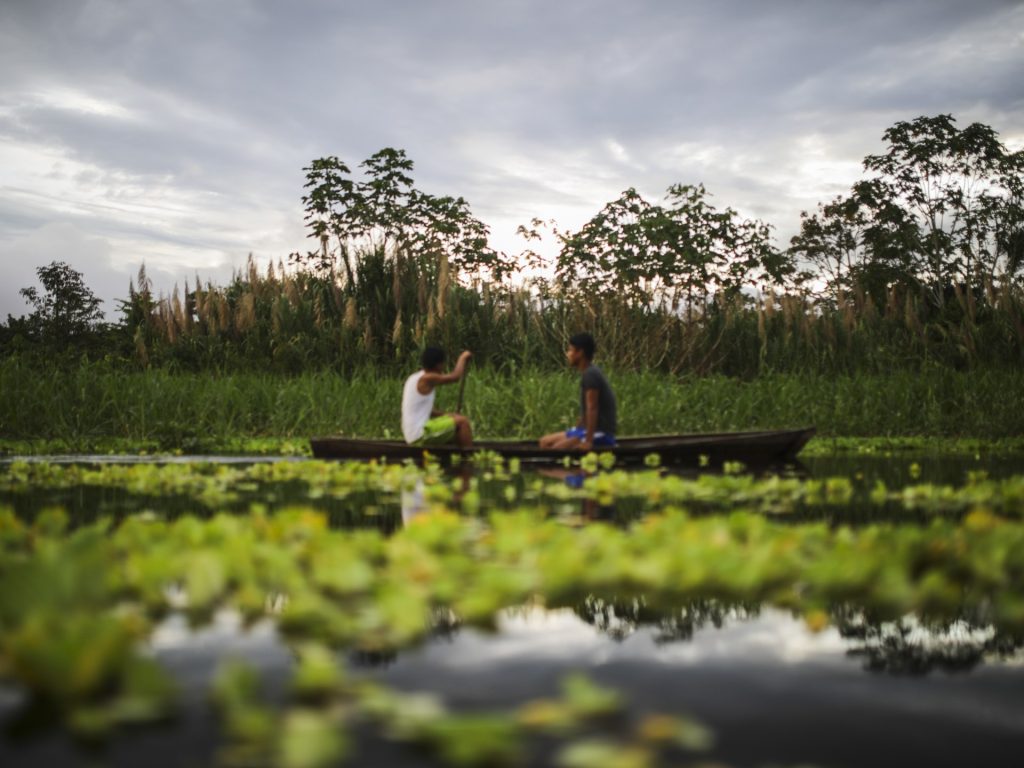The More than Human Life (MOTH) project has submitted a petition to Ecuador’s copyright office seeking recognition for Los Cedros forest as a co-creator of a musical composition called the “Song of the Cedars.” This proposal aims to acknowledge nature’s role in artistic creation and potentially set a new precedent in environmental and copyright law. The song was composed by Cosmo Sheldrake, Robert MacFarlane, and Giuliana Furci, who believe that the forest played a crucial role in the creative process. This initiative raises questions about whether natural bodies can have legal rights and recognition similar to humans.
Ecuador has already taken steps to extend special rights to natural areas through its adoption of a new constitution in 2008, which recognized the inalienable rights of ecosystems. Articles 10 and 71-74 of Chapter 7 of the Ecuadorian Constitution affirm the rights of nature to exist, persist, maintain its vital cycles, and be restored. These laws are intended to achieve a balance between economic development and ecosystem protection while ensuring the survival of species. The rights of nature have already been invoked multiple times in judicial decisions in Ecuador, shaping a non-traditional approach to sustainable development.
Other countries such as New Zealand, Bangladesh, and Colombia have also granted legal rights to natural entities. In New Zealand, the Te Urewera region and the Whanganui River were declared legal entities with the rights, powers, duties, and liabilities of a legal person. In Bangladesh, all rivers in the country were given legal rights, with the National River Conservation Commission as their legal guardian. The Colombian portion of the Amazon rainforest was granted personhood following a legal challenge by children and youths over climate change and deforestation.
The concept of granting legal rights to nature originated in the 1970s, with early legal challenges such as the Sierra Club’s lawsuit against Walt Disney Enterprises and the dissenting opinion of Justice William O Douglas about granting legal standing to natural ecosystems. US academic Christopher Stone’s work also influenced the idea of granting personhood to ecosystems, arguing that they should have legal guardians to represent their interests in court. While there have been no previous instances of natural ecosystems being credited in art or music, the Los Cedros petition represents a potential landmark case in recognizing nature’s contributions to artistic creation.
In addition to natural ecosystems, there have been cases where animals have been granted legal rights as “non-human” persons. For example, an orangutan named Sandra was awarded personhood rights in Argentina in 2015, following a habeas corpus petition filed by the Association of Officials and Attorneys for the Rights of Animals (AFADA). Sandra’s case highlights the growing recognition of non-human beings as legal entities with rights to protection and wellbeing. These legal advances in recognizing the rights of nature and animals suggest a shift towards a more inclusive and ethical approach to environmental and animal rights law.















